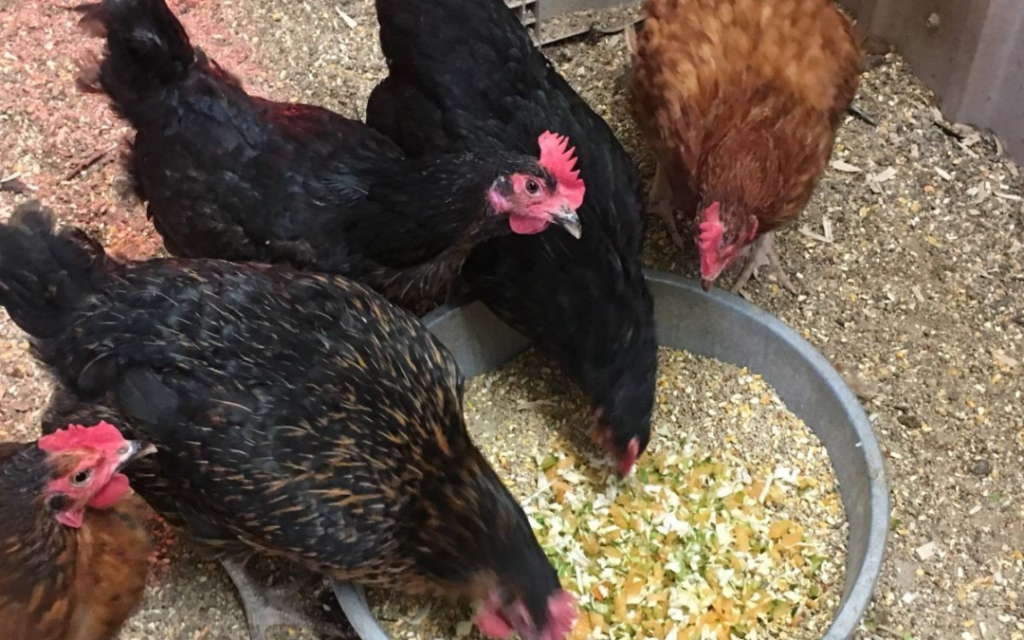Thinking about keeping chickens?
Hello friends! Many of you have asked about the do’s and don’t of keeping chickens here at Lucky Glider Ranch. Chickens are easy to keep and care for and make great pets. Of course, we use their eggs for glider feed and of course personal consumption as well. Here are some fun facts and tips we’ve been asked to share…
Fun Facts:
- Chickens can be affectionate especially if you care for them from hatchlings and handle them often. They love to have their throats and faces stroked gently and will sit still for you while you pet them.
- Chickens are omnivores and will often chase after mice and small snakes in addition to insects.
- These birds love to vocalize and have many different sounds that show they are satisfied, afraid, angry, or happy.
Chicken Keeping Tips
Shelter. Chickens are easy prey for bobcats, coyotes, dogs, hawks, and owls. If you experience predation with your flock, you will need to coop them. Use concrete footings around the coop to keep predators from digging their way in. Make sure you use sturdy, steel wire, not fragile chicken wire to cover the openings. If you do let your chickens out to forage, watch over them and shoo them back into the coop at night or if you have to leave them unattended.
Heat and Cold. Chickens need air flow in the summer months. You must use a fan or two or they may expire from heat exhaustion and dehydration. Have plenty of water available for them and use backup containers of water in case one spills. When it’s cold out, it is best to fit their coop or other shelter with heat lamps so they can warm themselves up when they need to.
Pecking Order. Chickens can be mean to each other. If you notice a chicken with a bare back or head, it means it is low on the pecking order. Any bird that is overly pecked upon should be separated and put in its own “hospital pen” so it can recover. It’s OK to have two at a time convalescing with each other. It only takes a few weeks for their feathers to grow back.
Feed. If you must coop your chickens to avoid predation, they will not be able to forage. To make up for the lack of vegetation and insects, we recommend chopping up cabbage and cantaloupe into very small diced pieces. Mix this in with a half and half combination of scratch grains and grower crumble. For extra protein, you can add dehydrated mealworms to this diet.

